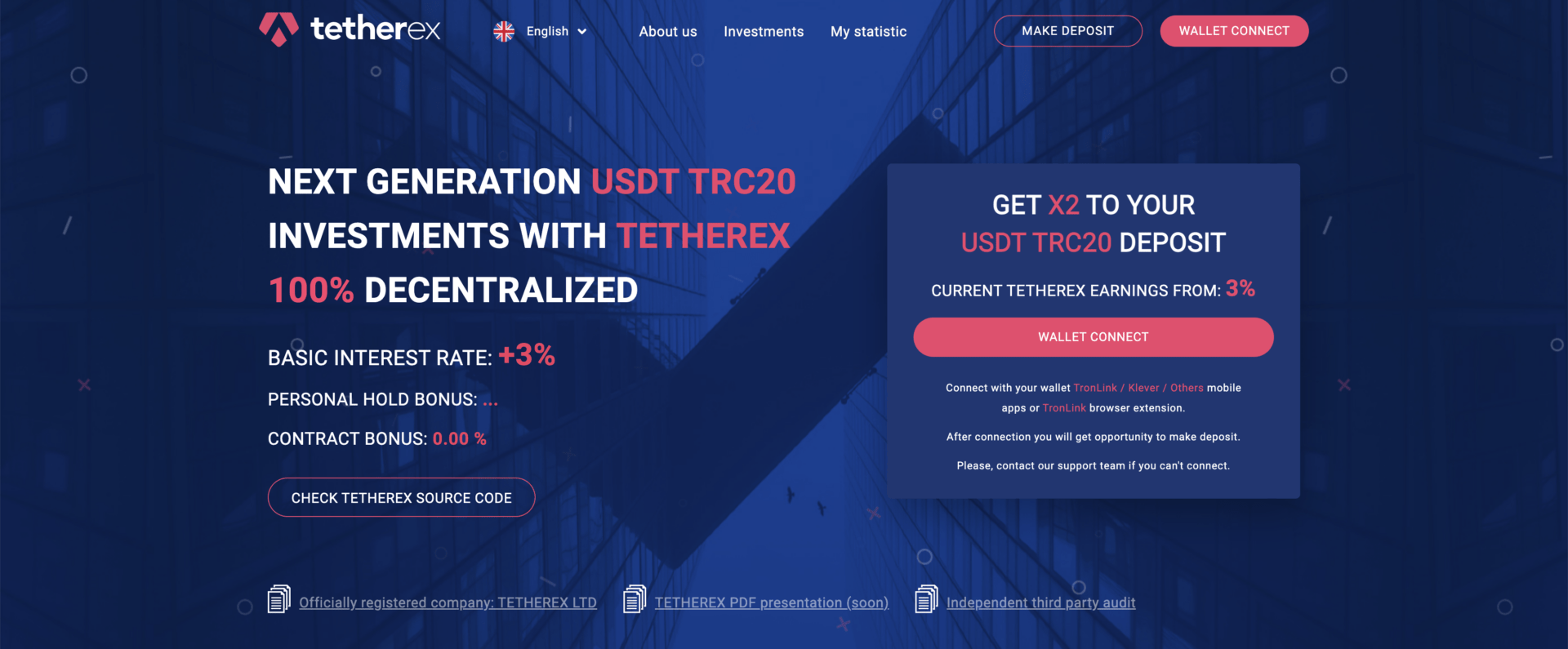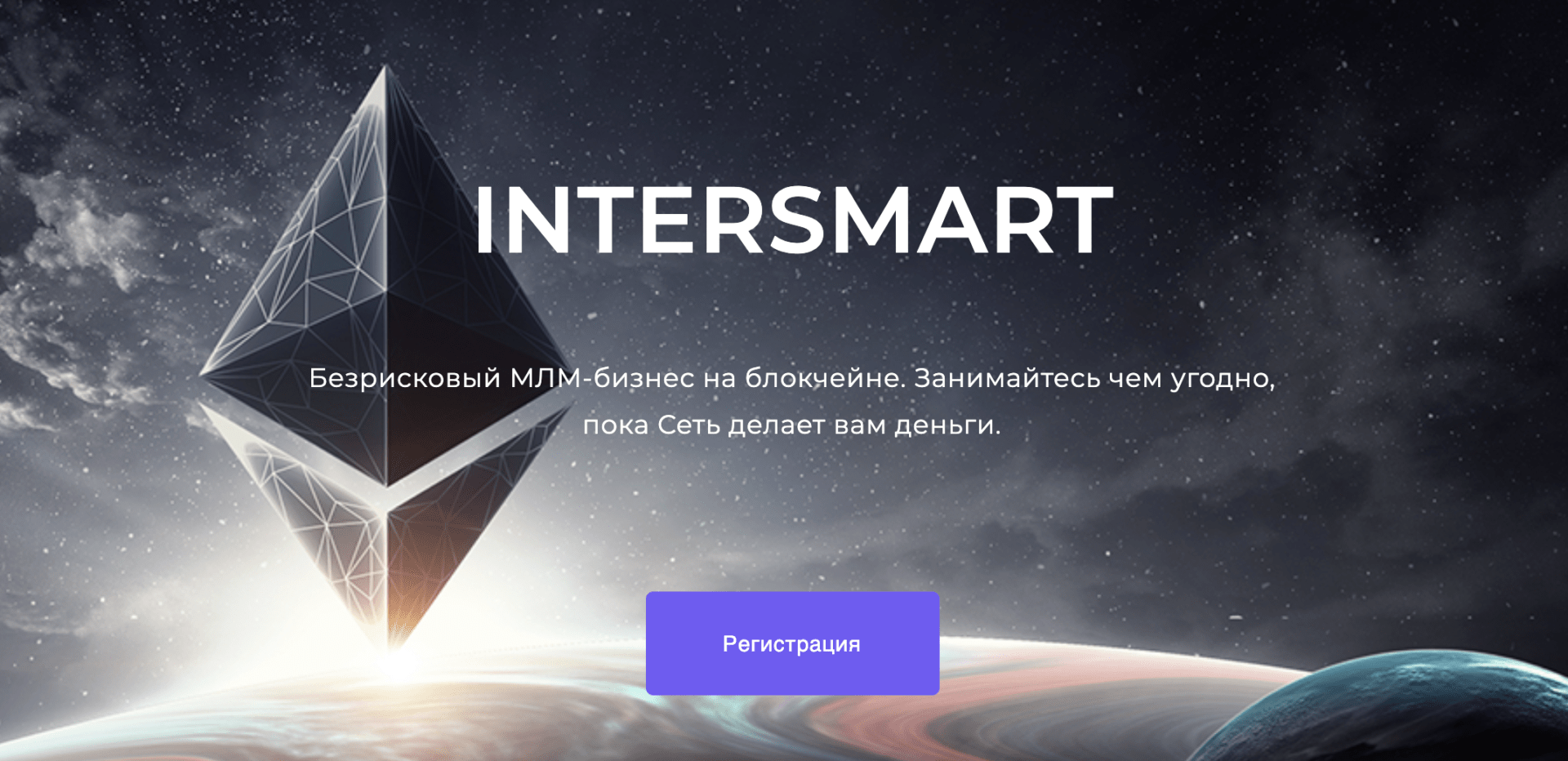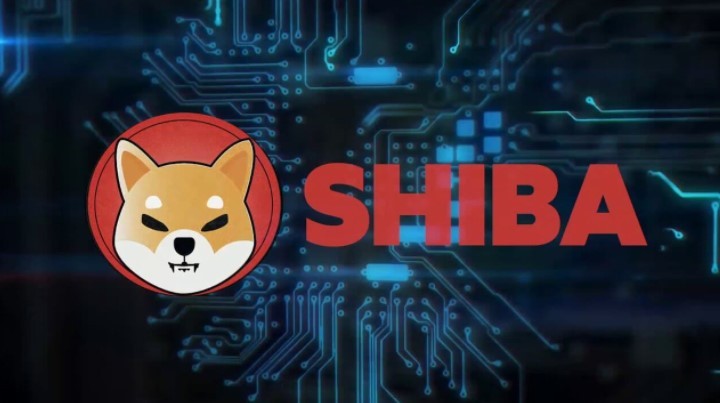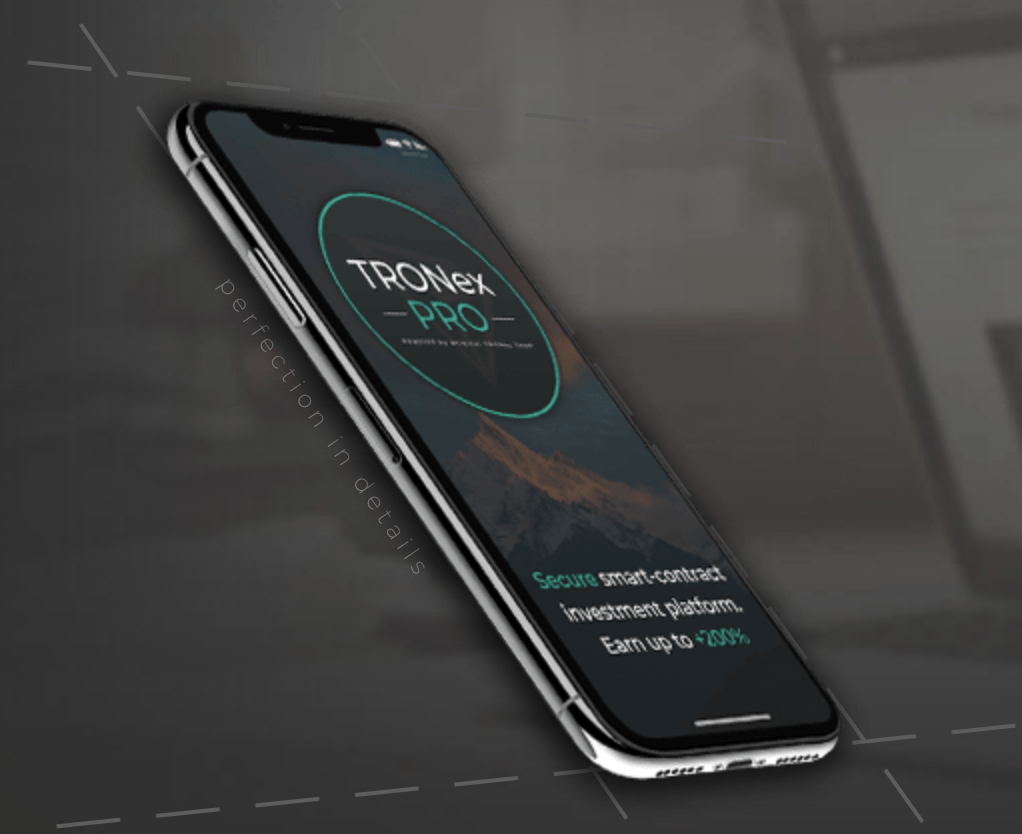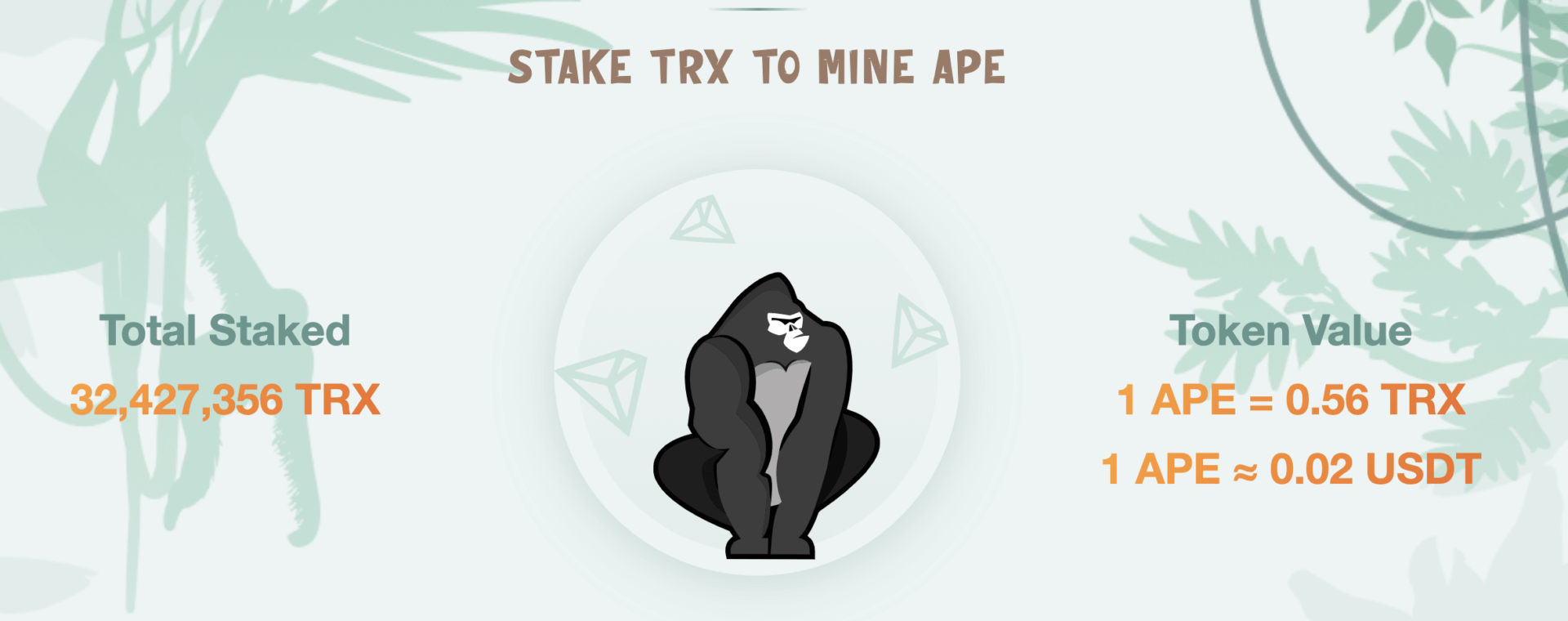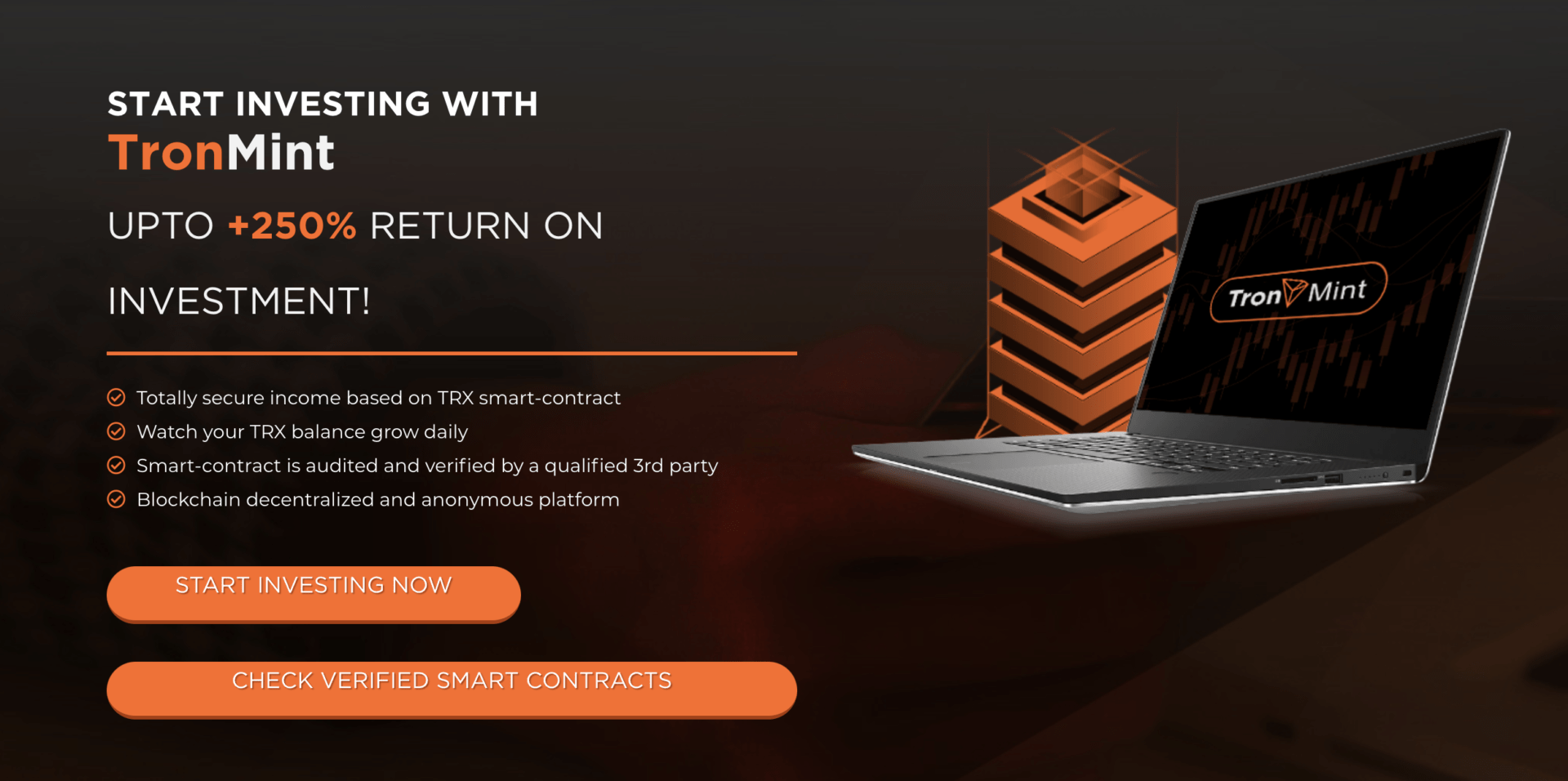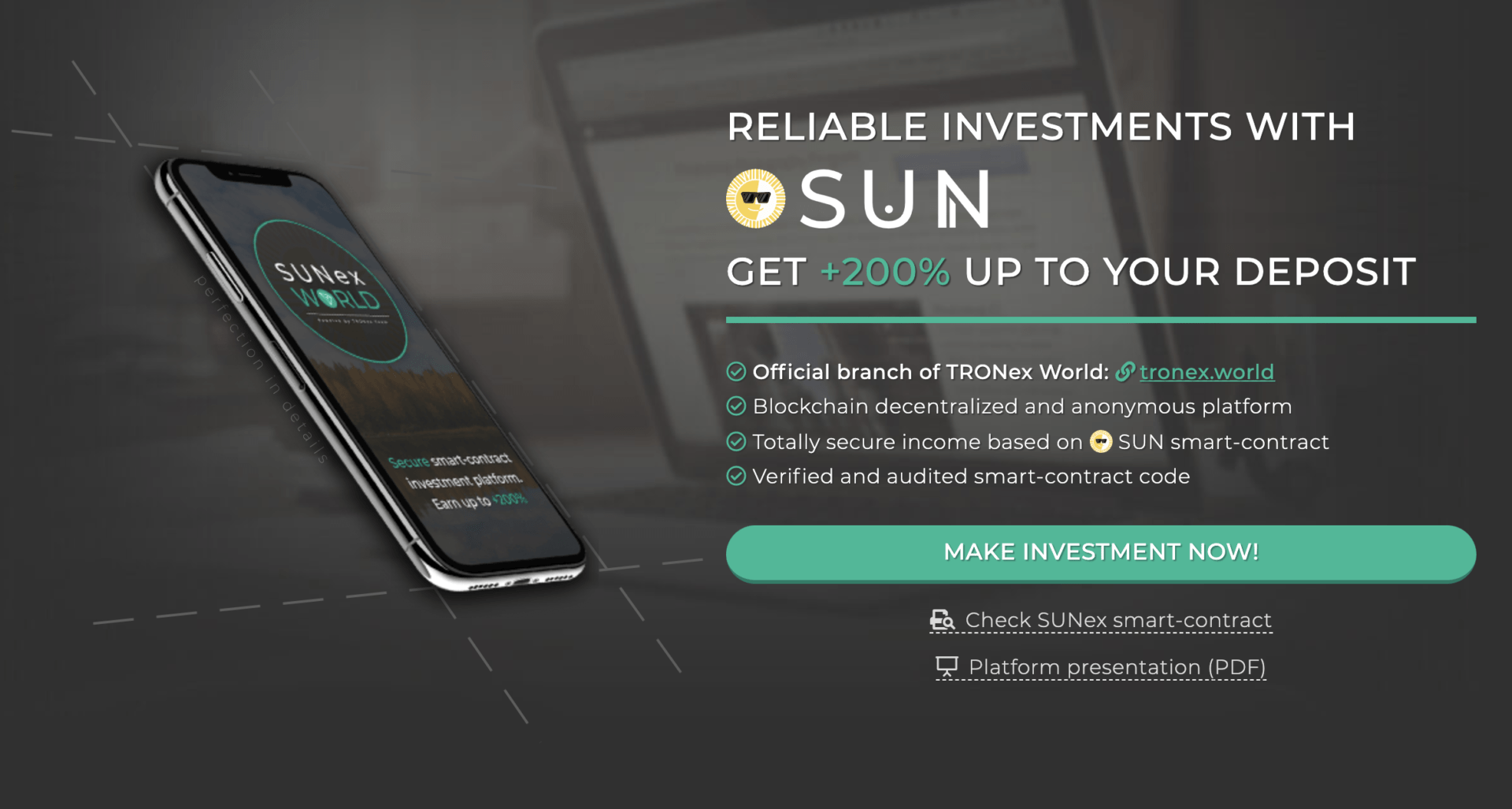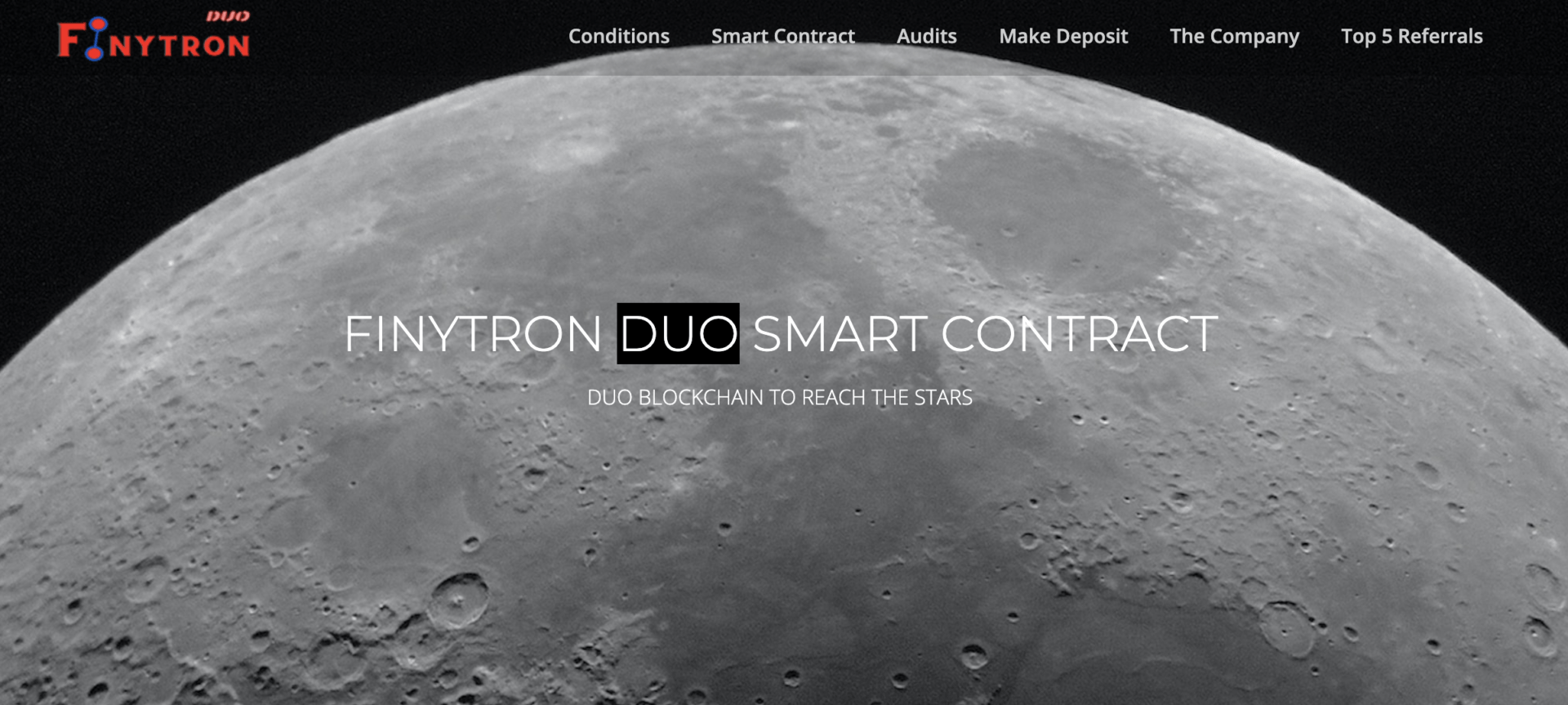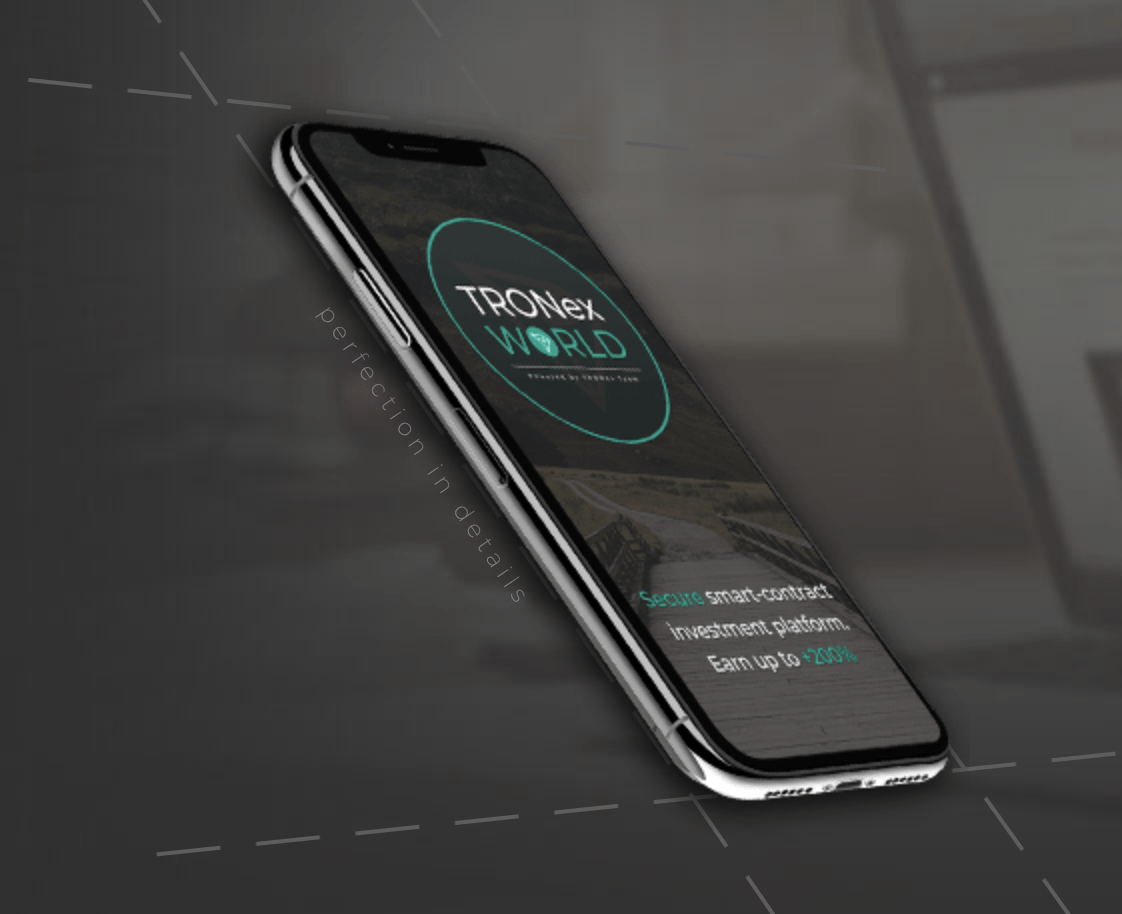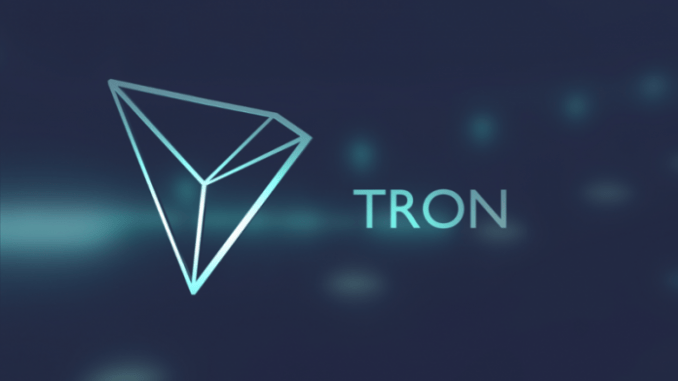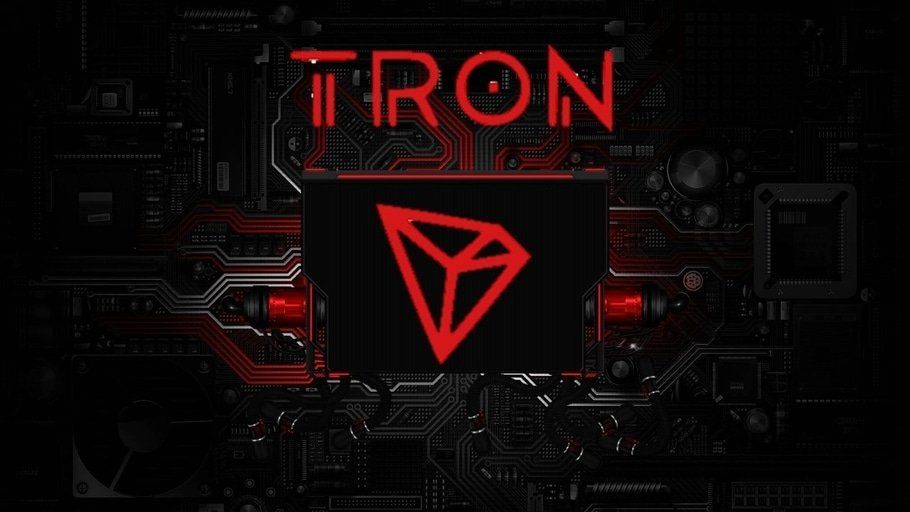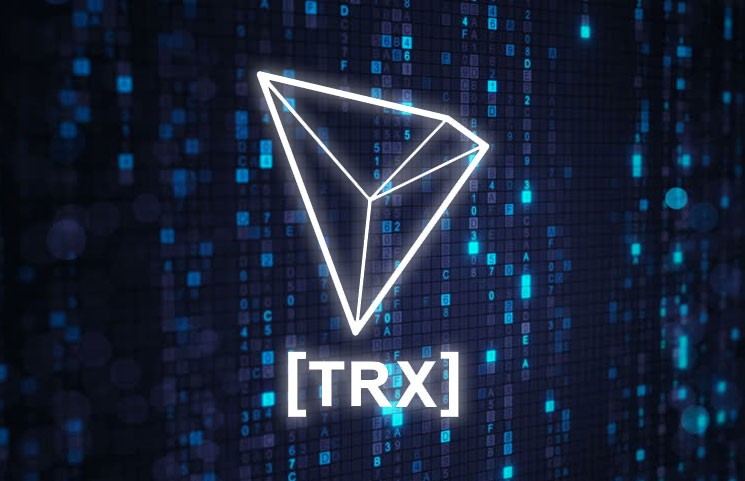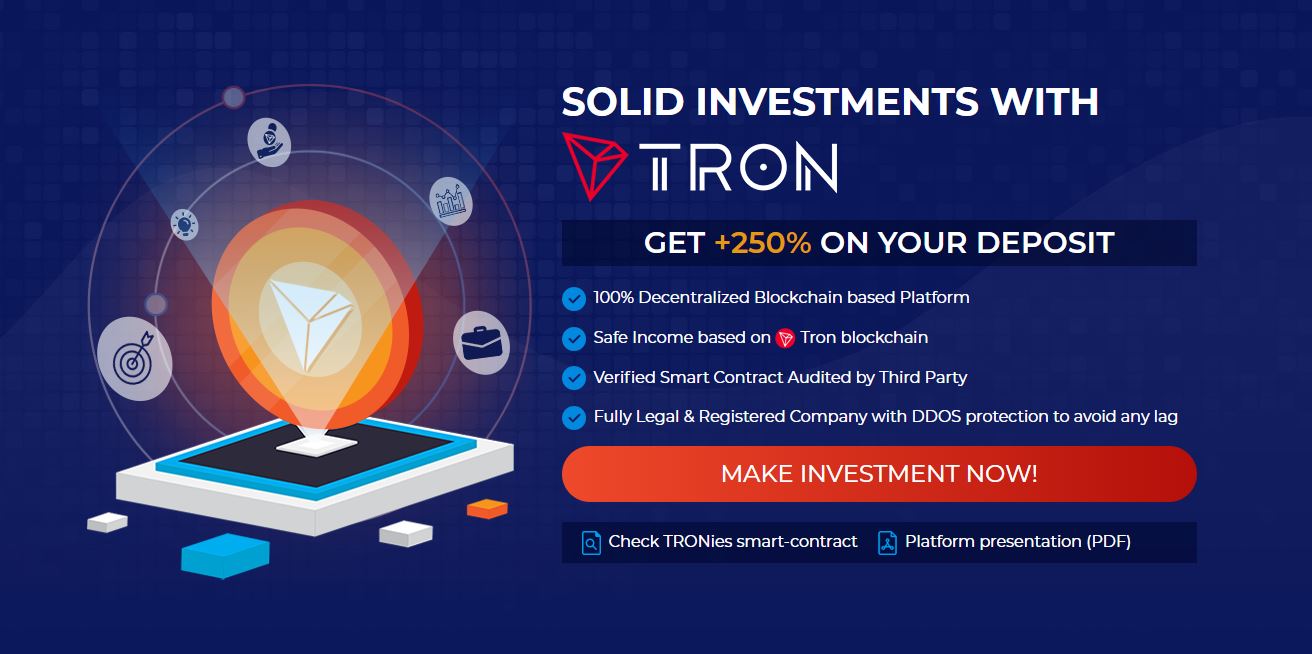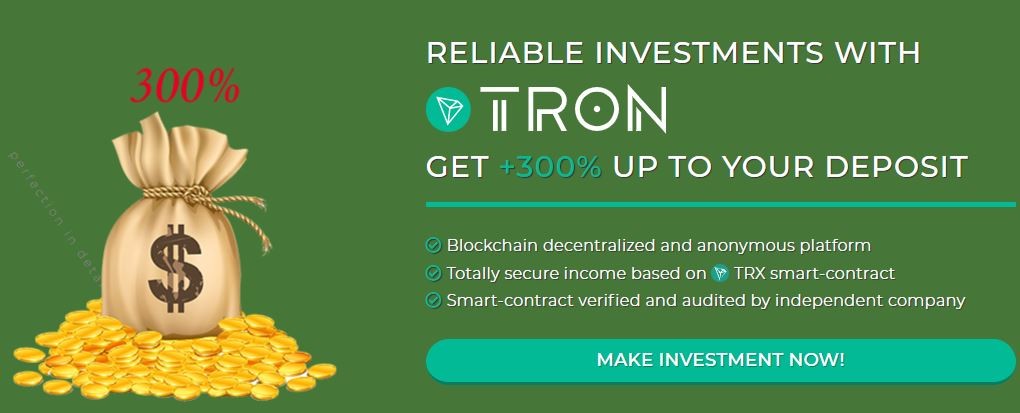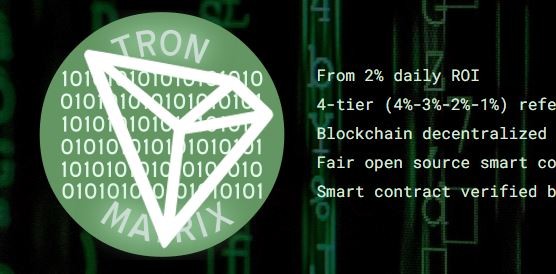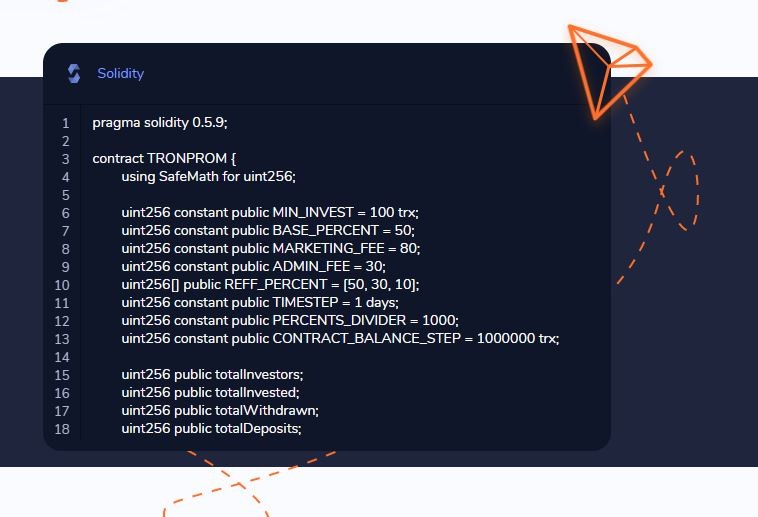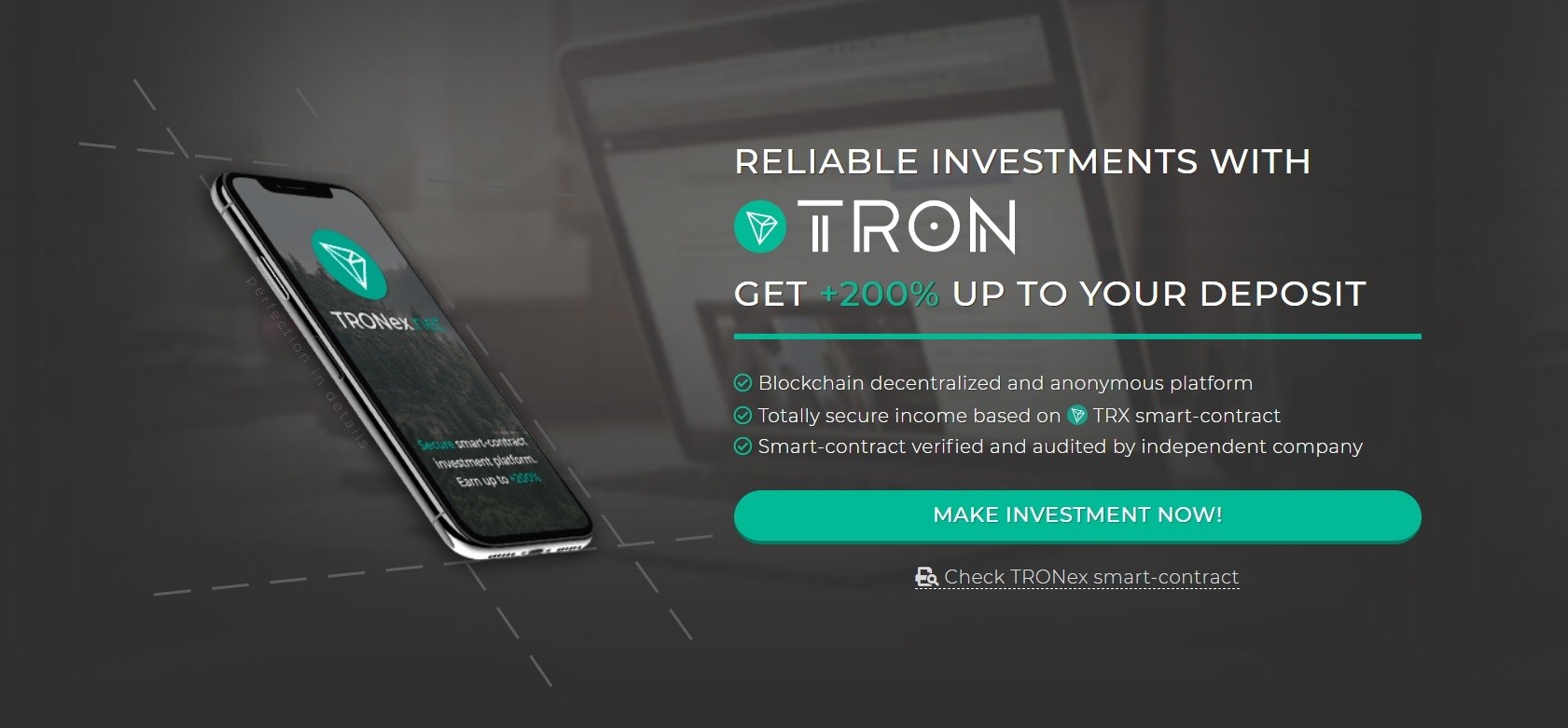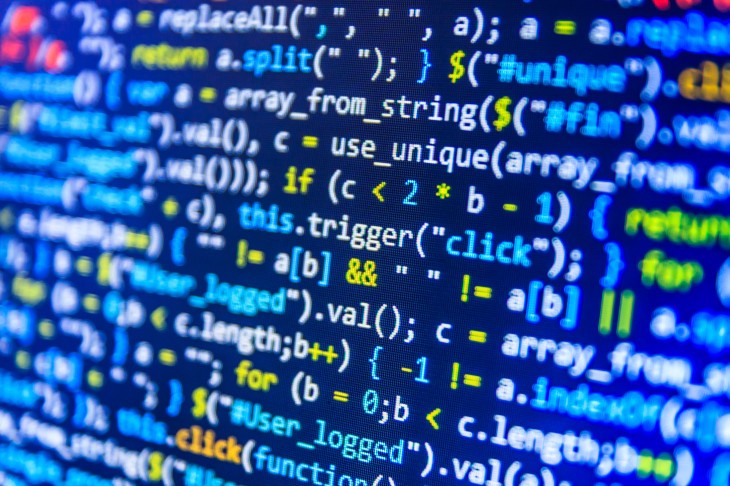Tokens
Token is a certain unit of value in the blockchain system. It should be understood that there are no tokens on the balances of crypto-users’ wallets, the user’s balance is only an record in a smart contract.
In other words, all you need to get a token is to develop the right smart contract. Fortunately, there is no need to invent something new, since standards for all types of tokens have been established long time ago.
First of all, it is necessary to divide all tokens into Utility Tokens and Security Tokens. There is a big difference between them, and completely different writing standards belong to each of them.
Utility Token.
Utility is a more common version of tokens. The essence of the assets of token holders in this case is that everyone who has tokens receives the right to use the project’s services and resell this opportunity with a profit (the majority of people buy tokens for that reason).
The main Utility tokens’ standard is called ERC20. Initially, the idea of ERC20 was formed due to some developers’ agreements, but later this standard became supported by almost all types of crypto-currency wallets and exchanges.
This standard’s advantages are simplicity and reliability, but it is worth to mention that it also has drawbacks, which we have described HERE. However, ERC20 is used everywhere and in this regard it beats all other standards.
The next token’s standard is called ERC223. It was created to solve ERC20 standard’s absence of payment processing. Despite the promising idea to drastically change writing tokens standards, this standard has not received universal recognition, due to the fact that the developed solutions could not fix the problem completely. As a consequence, the projects started using usual ERC20 with a small upgrade “ApproveAndCall”.
ERC721 is a fundamentally different standard. The idea is the uniqueness of each separate token. ERC721 was the most distributed in the development of crypto-games such as CryptoKitties. This project has become the most popular and gave impetus to the development of the whole industry of collection games analogies based on token ERC721.
ERC777 is comparatively new standard of Utility token. This type still continues to solve ERC20 standard’s problems, and it is worth to note that this is a much more successful version than 223. The only drawback of 777 is only its relative novelty and the lack of large-scale distribution.
Security Token.
The main difference of Security tokens is that the project’s crypto asset is provided by value in the real world.
In other words, in this case, the user not only receives the right to use a token, but also acquires an asset in the real world. Purchasing a token can be considered as signing an ownership agreement.
Many projects position themselves as Security, but in fact they are not. Whether a token is Security and not Utility is determined by whether the token and the project can meet all legislative and legal requirements and the so-called “Howey Test”.
All requirements can be the subject of a separate article, but the essence is that it is all about providing official evidence of investment, the need to finance the project and profit expectations.
More complex writing standards such as ERC1400, 1594, 1643, 1410 and 1644 are used for Security tokens. Read HERE what you need to know about creating of your own token.
If you have any questions or are interested in token development / audit, please contact us and we will advise you on all key points.
Sincerely, Grox Solutions.


